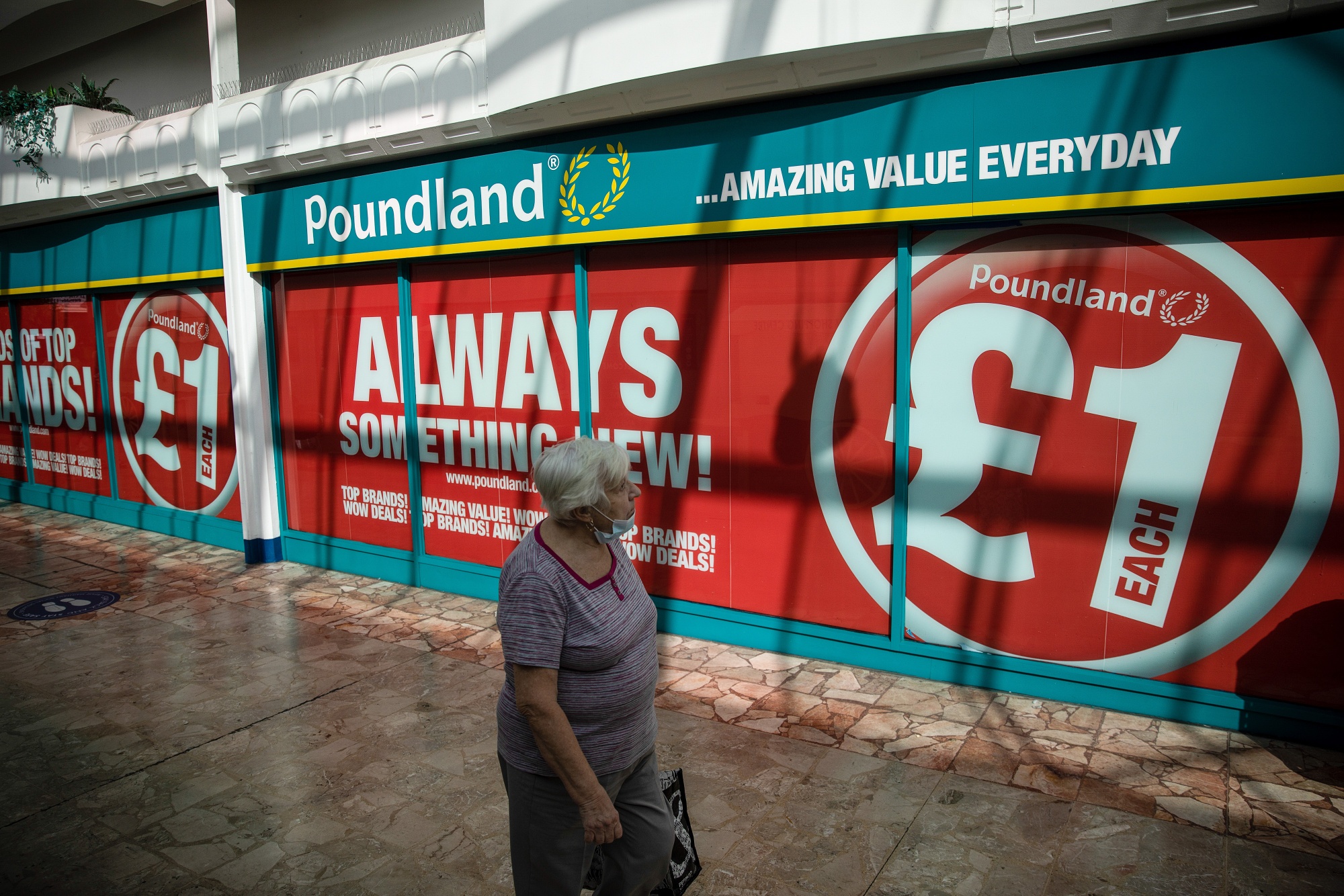Poundland parent Pepco rises as much as 10% in its Warsaw trading debut, cashing in on surging demand from budget-minded shoppers during the pandemic

Poundland parent Pepco Group NV rose as much as 10% in its Warsaw trading debut, cashing in on surging demand from budget-minded shoppers during the pandemic.
Shares in the discount retailer, which was brought to market by Steinhoff International Holdings NV, were trading at 43.68 zloty at 11:05 a.m. in Warsaw, up 9.2% from the initial public offering price of 40 zloty a share.
Low-priced retailers have thrived over the past year, accelerating a shift toward frugality and discount shopping that began during the financial crisis.
“Pepco is seen as a great proxy for strong retail markets in eastern Europe and particularly in Poland,” Jaroslaw Niedzielewski, head of equity investments at asset manager Investors TFI, said in an email. Maintaining the fast pace of sales growth may be difficult due to market saturation, he added.
Pepco did not raise any money in the IPO, while Steinhoff raked in proceeds of 4.1 billion zloty ($1.1 billion) from the share offering to pay down debt. The latter’s shares were trading 2.5% higher as of 10:43 a.m. in Johannesburg.
Steinhoff has been selling assets to raise funds after a 2017 accounting scandal pushed it to the brink of collapse. The retailer, which still owns chains including Mattress Firm in the U.S. and parts of European furniture seller Conforama, needs cash to pay down its 9.5 billion euros ($11.5 billion) of debt, and is also working on a $1 billion legal settlement.
The South Africa-based conglomerate will retain a stake of at least 79% in the unit, whose operations include Pepco discount clothing and homeware stores across Poland, Romania and Bulgaria. It also owns the discount chain Poundland in the U.K. and Dealz outlets, which sell food and cosmetics in Ireland, Spain and Poland and recently expanded into Italy.
Pepco’s Chief Executive Officer Andy Bond said at the opening ceremony that while its chain in eastern Europe is the company’s “jewel in the crown,” he sees strong growth prospects in western Europe after entering Spain in April and Italy in September.
Still, there is no guarantee the discount retailer can replicate its business model in western Europe, said Niedzielewski. “Over the next few years, the biggest risk to Pepco’s shares is Steinhoff selling down its stake in an effort to reduce its debt burden,” he said.

